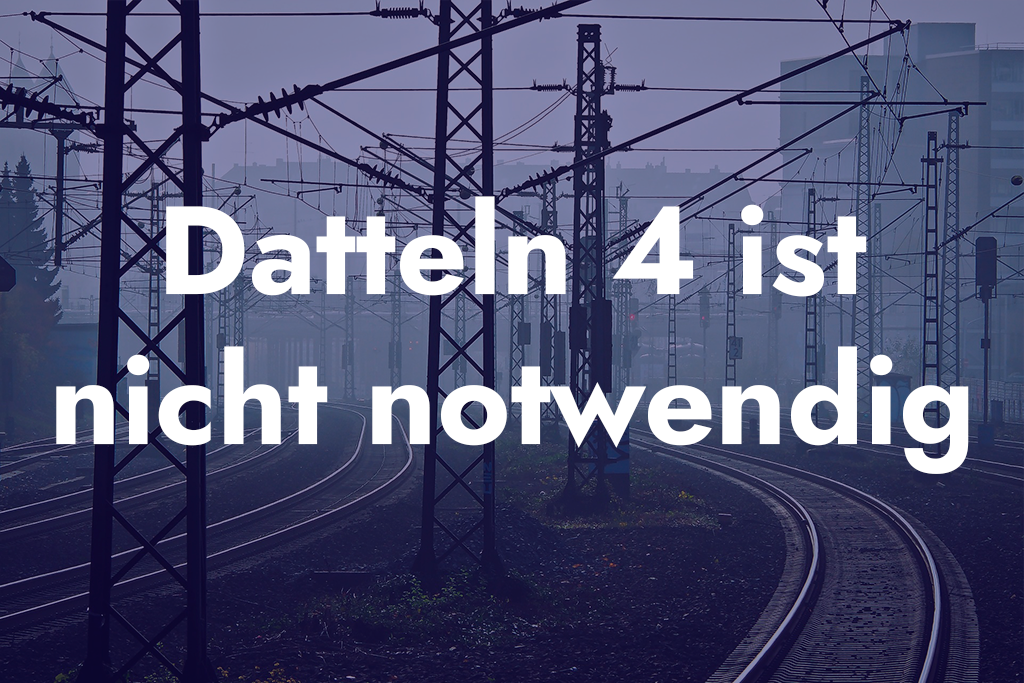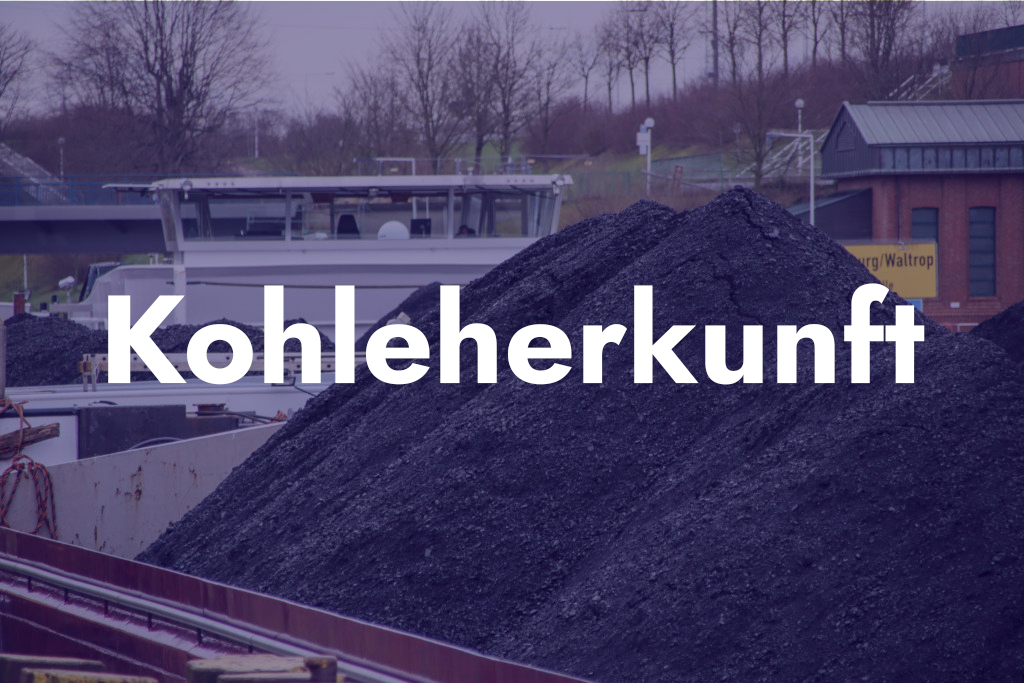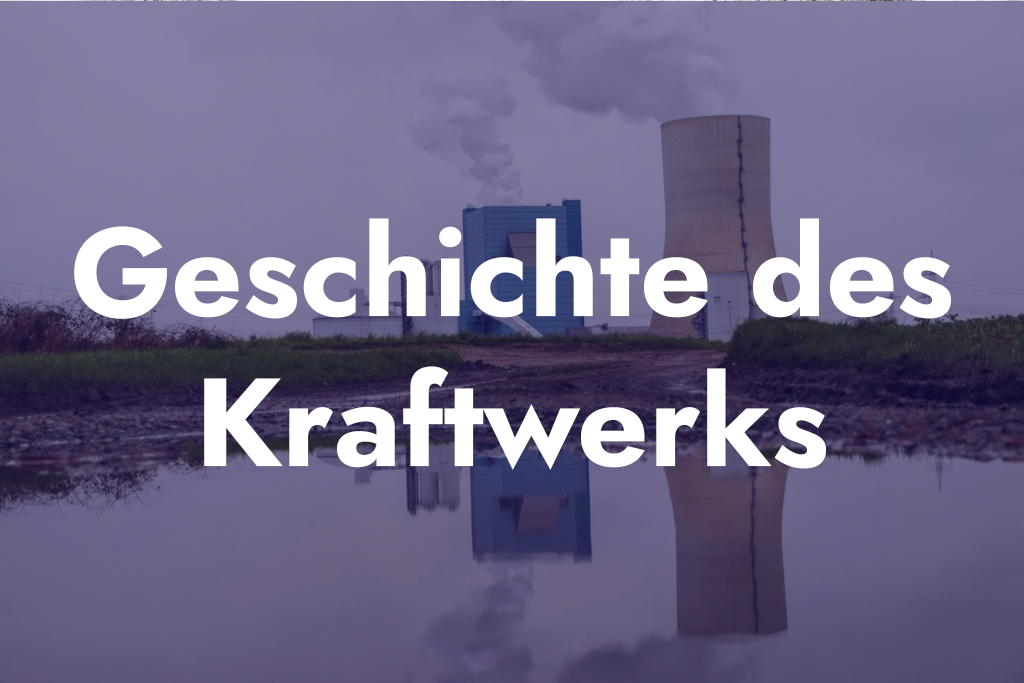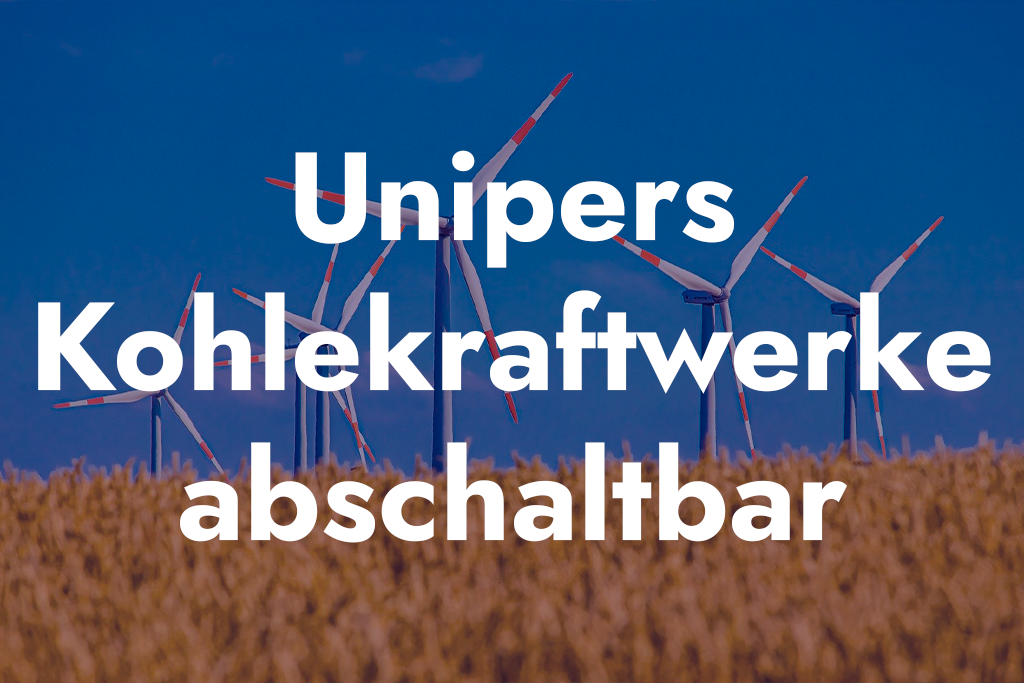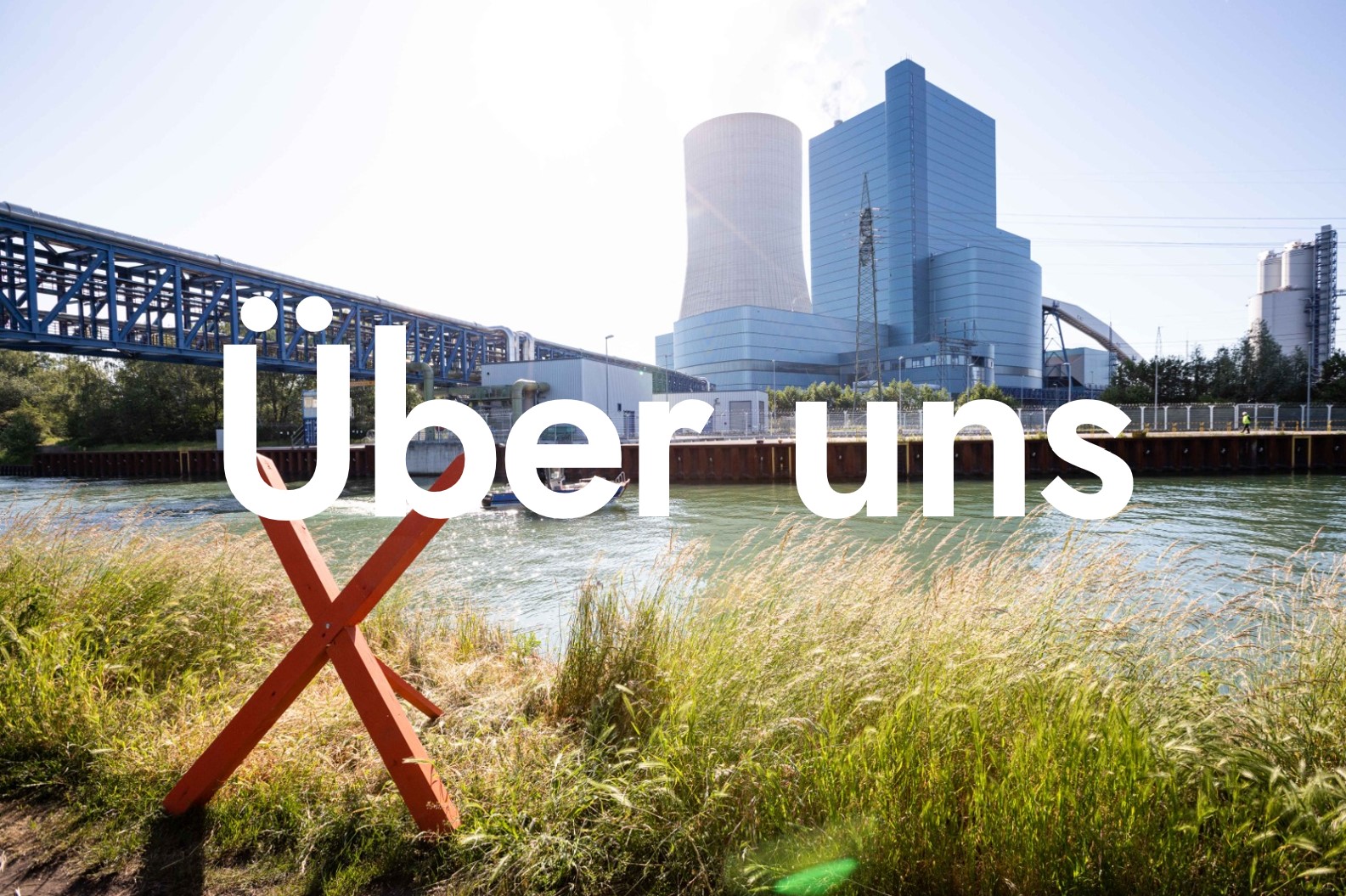Website by Fridays for Future Germany
Here you can find information about the new coal fired power plant Datteln 4 in Germany.
What does Datteln 4 have to do with Finland?
Datteln 4 is operated by German energy company Uniper. Uniper's main shareholder with 73,4% is the Finnish state corporation Fortum, of which the Finnish state owns 51%. Therefore, the Finnish Government has the power to influence the decisions of Uniper.
While Finland has promised to phase out coal by 2029, the German coal-fired power plant will likely run until 2038.
How much CO2 does the power plant emit?
Datteln 4 is permitted to emit up to 8.4 million tons of CO2 every year. Since RWE (big German energy company) does not call up the almost 40% originally purchased, these remain unused. Nevertheless, Datteln 4 uses a great deal of the remaining 60%.
According to a study by the DIW (German Institute for Economic Research), Datteln 4 will emit around 40 million more tonnes of CO2 in the years 2020 to 2040 than the coal compromise stipulates.
These calculations do not include emissions from extraction and transport. Read more
Will the trains stop without Datteln 4? Will the lights go out?
Originally, Datteln 4 was to go into operation in 2011 and replace the old power plants Datteln 1, 2 and 3. However, due to construction stoppages lasting several years, its predecessors were not taken off the grid until 2014. It happened: nothing. A non-existent gap is now to be replaced with Datteln 4. This leads to additional emissions. Read more
Is Datteln 4 now finally legally in operation? What is the current legal status?
No, Datteln 4 has valid permits, but it is unclear whether these will stand up in court. In the past, permits that had already been granted by the Federal Administrative Court (Bundesverwaltungsgericht) were revoked, and construction was halted for years.
Specifically, three lawsuits by BUND Friends of the Earth are still pending:
1) A lawsuit against the construction of the station’s coal port (2007)
2) A lawsuit against the new development plan (2015)
3) eine Klage gegen die neue immissionsschutzrechtliche Genehmigung (2017)
Read more
Is it true that Uniper will have to plant twice the area if Datteln 4 is not allowed?
To avoid a construction stop, in 2007, E.ON made a commitment before the Münster Higher Regional Court that if the permit for the new power plant was finally denied, it would “restore the land that had been used up to that point and in doing so double the number of trees that had been cleared.” However, the wording is very imprecise from a legal point of view.
Read more
Didn't the Coal Commission recommend that Datteln 4 should not be put into operation?
It did. Nevertheless, the German government has chosen not to follow many of the recommendations. For example, one year after the coal compromise was presented with the coal phase-out law, it decided to put Datteln 4 into operation. Read more
Does Datteln 4 support the energy turnaround?
Absolutely not. Electricity from renewable energies should be fed into the grid as a priority, but this only applies to the transmission grid. This is a special case: power from Datteln 4 will be fed directly into an on-site substation for the railways, or via machine lines to a substation nearby. The prioritization of renewable energies has only a very limited effect here. Read more
The case with RWE
In 2005 and 2006, RWE purchased 450 MW from Datteln 4 in two contracts, and since the power plant did not go online in 2011 as planned, RWE terminated the contract in 2017, for which Uniper sued.
Currently, the lawsuit is pending before the Federal Court of Justice (Bundesgerichtshof), which is to decide the matter. RWE, convinced that the contract has been legally terminated, no longer purchases electricity from Datteln 4, and leaves the approximate 40% of the power plant’s capacity it had purchased unused. Read more
Surely several old power plants can be shut down for Datteln 4?
The power plants that Uniper wants to shut down in return for commissioning Datteln 4 have high capacities, but in practice they are barely used, at around 590 MW. Datteln 4, on the other hand, disregarding the electricity unused by RWE, has a very high utilisation rate; with Datteln 4, more is switched on than is switched off by decommissioning the old power plants.
Since these will not be off the grid until 2022 and 2025, this is not a seamless transition, but an overlapping one. Read more
Couldn't Uniper shut down all its coal-fired power plants at once?
In mathematical terms, Uniper's hard coal-fired power plants are only working at around one-fifth capacity. The gas-fired power plants, on the other hand, are only used at around 1%. Uniper could therefore theoretically shut down all its hard coal-fired power plants and replace them with gas-fired power plants, which are marginally less harmful to the climate. Read more
What is the CDU's position on Datteln 4?
When the Coal Commission presented its recommendations, Annegret Kramp-Karrenbauer and parts of the CDU leadership had already promised that they would adhere to them without compromise.Armin Laschet (Prime Minister of North Rhine-Westphalia) announced "We want to implement the consensus of the Coal Commission one on one in this country."
His actions and those of Peter Altmaier (Minister of Economic Affairs), who brought the power plant back to life with the presentation of the coal phase-out law in early 2020, speak a different language. Read more
Where are the sources for this information, where can I find more details?
On our information pages we have illuminated various aspects of the power plant in great detail and provided footnotes.
